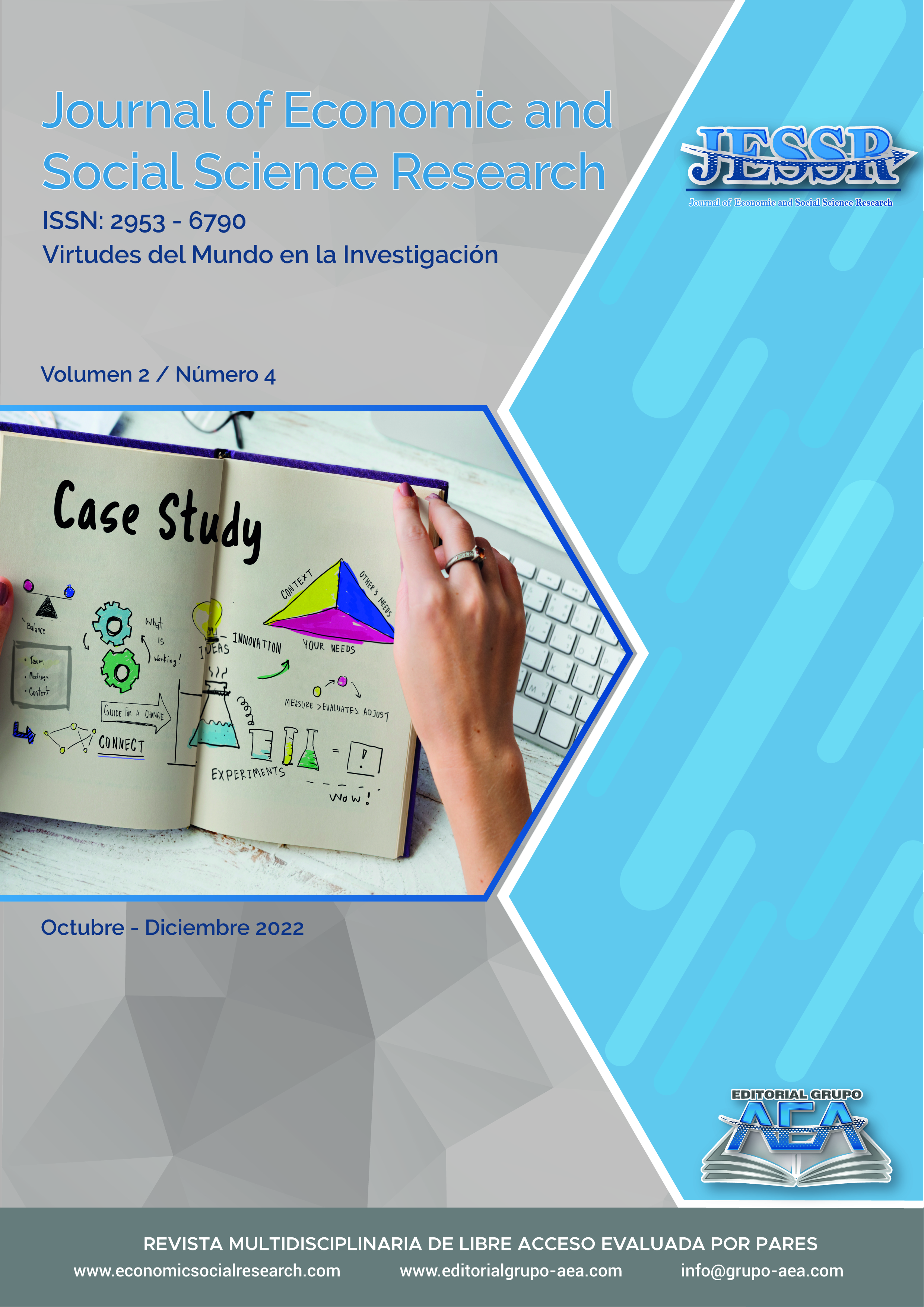Montaigne and Individualism in Rising Capitalism
Main Article Content
Abstract
This text analyzes the work of Michel de Montaigne and its relation to the ideological transformations and the new relations of production of the sixteenth century. Montaigne's essays are a characteristic example of the self-consciousness and independence that nascent individuality seeks to maintain in the face of the pretensions of communal life pigeonholed in the hierarchy of the Middle Ages. In addition, Montaigne rescued from the cultural heritage of antiquity concerns and inquiries about the human and, in particular, those related to the private man. In his work, Montaigne is especially interested in the moral heritage, and seeks to study the private life of the great men of antiquity to find rules of conduct. In conclusion, it should be noted that Montaigne is a critical writer even for his time, and that his distinctive perspective on the private life of historical figures distinguishes him from other historians of his time.
Downloads
Article Details
Section

This work is licensed under a Creative Commons Attribution-NonCommercial 4.0 International License.
How to Cite
References
Bacon, F. (1859). Essays, London, J.W. Parker & Son.
Beer, F. (2006). Die Funktion der Skepsis bei Montaigne, Münster, Verlag für akademische Texte.
Cicerón (2000). Pro Archia Poeta, introducción, traducción y notas de Antonio Espigares Pinilla, Madrid, Palas Atenea Ediciones, Colección Bilingues.
Burke, P. (1985). Montaigne, Oxford, Oxford University Press, 1981, p.8. [traducido al español por Vidal Peña, Madrid, Alianza Editorial.
Desan, P. (2004). Montaigne et le Doute Judiciaire, en L'écriture du scepticisme chez Montaigne, Genève, Libraire Droz.
Engels, F. (1962). Dialektik der Natur (terminado en 1886, publicado en 1925), en Karl Marx-Friedrich Engels-Werke, Berlin, Dietz Verlag.
Grün, A. (1855). La Vie Publique de Michel Montaigne, Paris, Libraire D’Amyot.
Horkheimer, M. (1967). Zur Kritik der instrumentellen Vernunft, Frankfurt am Main, S. Fischer Verlag.
Horkheimer, M. (1968). Montaigne und die Funktion der Skepsis, en Alfred Schmidt (Comp.), Max Horkheimer: Kritische Theorie. Eine Dokumentation, Frankfurt a.M., S. Fischer Verlag.
Marx, K. (1960). Der achtzehnte Brumaire des Luis Bonaparte (1852), en Karl Marx-Friedrich Engels-Werke, Berlin, Dietz Verlag.
Marx, K. (1971). Zur Kritik der Politischen Ökonomie, Einleitung (1857, publicado en 1903) en Karl Marx-Friedrich Engels-Werke, Berlin, Dietz Verlag.
Marx-Engels (1969). Die deutsche Ideologie (1845-46, publicado en 1932), en Karl Marx-Friedrich Engels-Werke, Berlin, Dietz Verlag.
Marx-Engels (1972). Der Manifest der kommunistischen Partei (1848), en Karl Marx-Friedrich Engels-Werke, Berlin, Dietz Verlag.
Michelet, J. (1895). Histoire de France (edición 1895, corregida, con notas y apéndices), Paris, Ernest Flammarion.
Montaigne, M. (1965). Essais (versión 1580, editada por Villey y revisada por Saulnier], Paris, PUF.
Lukács, G. (1981). Moskauer Schriften, Zur Literaturtheorie und Literaturpolitik 1934-1940, Frankfurt am Main, Sendler Verlag.
Pascal, B. (1946). Entretien avec M. de Sacy sur Épictète et Montaigne, Paris, Éditions provençales.
Seé, H. (1932). Histoire économique de la France, Paris, Armand Collin, Paris.
Sexto Empírico (1993). Esbozos Pirrónicos (traducido al español por Antonio Gallego Cao y Teresa Muñoz Diego), Madrid, Biblioteca Clásica Gredos.
Villey, P. (1993). Les sources & l’évolution des Essais de Montaigne, Paris, Libraire Hachette.





